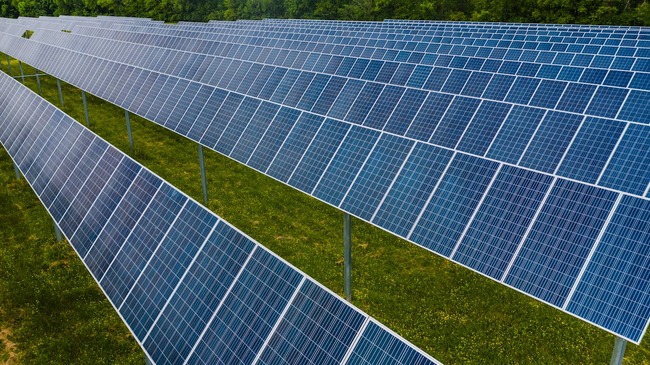The Korea Institute of Energy Research (KIER) has signed a memorandum of understanding with the U.S. Department of Energy’s National Renewable Energy Laboratory (NREL) to cooperate on renewable energy research and technology development.
KIER stated that the collaboration will target carbon-neutral technologies, focusing on areas such as solar power, hydrogen energy, and energy storage. Both institutions will explore joint research opportunities, conduct regular workshops, and promote knowledge exchange between experts.
This agreement builds on previous partnerships between KIER and NREL, established in 2000 and renewed in 2015. The new MoU supports South Korea’s efforts to expand international research cooperation, as stated in the 2023 Camp David Summit Declaration.
As part of the collaboration, KIER and NREL plan to hold an in-person workshop in the US later this year. The workshop will focus on joint research planning and the exchange of technical expertise.
In addition to this partnership, South Korea is advancing several renewable energy projects. The Saemangeum Offshore Wind Project, for example, is set to become one of the largest offshore wind farms in the world, with an expected capacity of 2.1 gigawatts (GW). This project aims to supply renewable electricity to the national grid, reducing reliance on fossil fuels.
Another project is the Ulleungdo Hydrogen Pilot Project, which focuses on producing green hydrogen through electrolysis powered by renewable energy. This project aims to test hydrogen as a clean fuel for transportation and energy storage in isolated regions.
South Korea is also expanding solar energy production. The Dangjin Floating Solar Power Plant, with an installed capacity of 41 megawatts (MW), uses floating solar panels on water reservoirs to maximize space efficiency. Moreover, the Jeju Smart Grid Demonstration Project integrates renewable energy sources with smart grid technologies to manage energy supply and demand efficiently.

